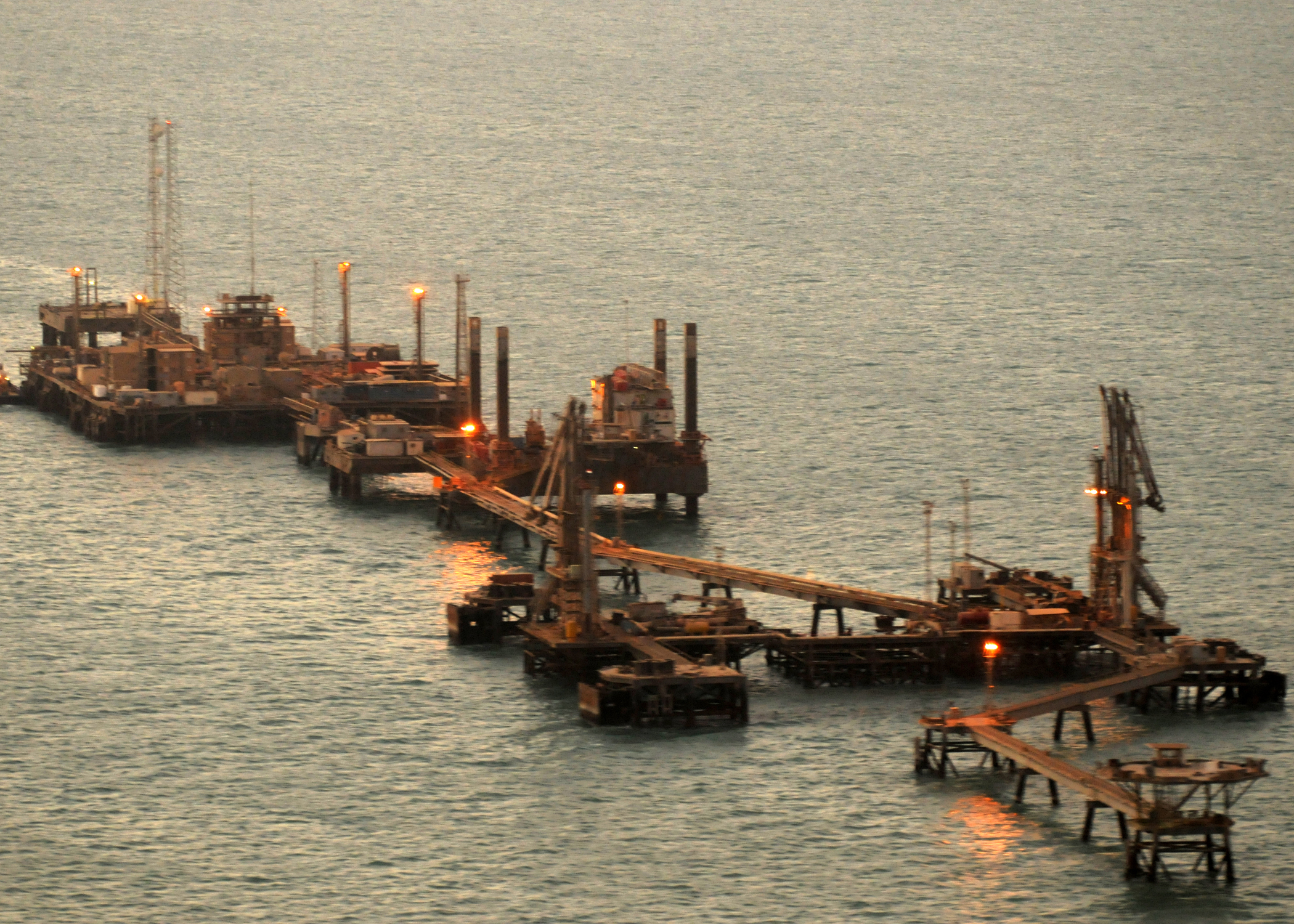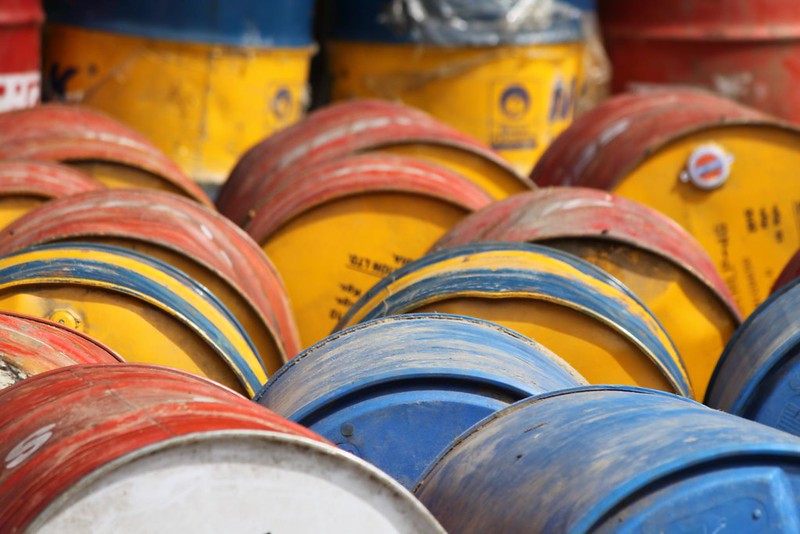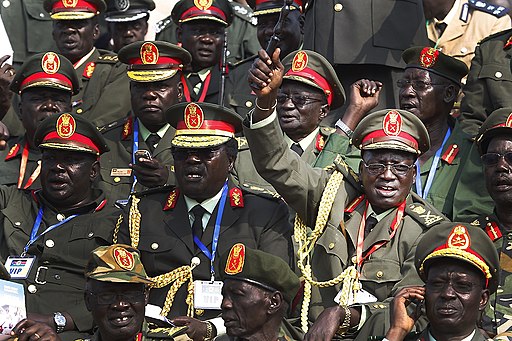How will traumatic decarbonization affect peace processes and political settlements in fragile oil-producing states in Africa and the Middle East?
Shahla Al-Kli and Jared Miller

Decarbonization and Political Transformation in Iraq: The Impact on Politics, Society and Regional Relations
February 2023
What happens when a petrostate loses its oil rents? While the oil market continues to go through boom-and-bust cycles, cases such as Iraq provide evidence of how the rapid loss of oil revenues—traumatic decarbonization—may affect the politics and stability of these petrostates. In Iraq, multiple shocks to oil revenues from 2014 through 2020 fundamentally altered the organization and concentration of political power in Iraq with destabilizing and democratic consequences. Using the Political Marketplace Framework as an analytic framework, this paper argues that the successive traumatic shocks to Iraq’s oil revenues bankrupted the government triggering a nominal decentralization process, the fracturing of sectarian power, and contributed to a breakdown of sectarianism among the Iraqi people. This paper traces the evolution of these changes from 2014 through October 2021 and discusses the implications for the future of Iraqi politics.
Authors
Shahla Al-Kli is a non-resident scholar at the Middle East Institute. She served as research analysis and knowledge mobilization director at Proximity International, the Middle East deputy regional director at Mercy Corps, a principal development specialist at DAI Global, a senior advisor to the speaker of the Iraqi Parliament, an advisor to the speaker of the Kurdistan Parliament, a former country director for Counterpart International’s Iraq programs, and an auditor at the Central Bank of Iraq. She is a long-term practitioner in the Middle East on issues of politics, governance, security, statebuilding, and fragile states. She finished her Ph.D. at the Fletcher School of Law and Diplomacy/Tufts University; her dissertation about governance and decentralization in Iraq was awarded Fletcher’s Peter Ackerman Award for outstanding scholarly work.
Jared Miller is a peacebuilding, anti-corruption, and governance researcher- practitioner focused on how to strengthen accountable governance in contexts of systemic corruption. He is Researcher with The World Peace Foundation, a Senior Associate with The Corruption, Justice, and Legitimacy Program, and a PhD candidate at The Fletcher School at Tufts University. At The World Peace Foundation, he analyzes political systems where corruption is systemic and how they contribute and respond to major shocks (e.g. humanitarian crises, loss of oil rents, and protests). In his work with the Corruption, Justice and Legitimacy Program, Jared focuses on the relationship between civil servants, social norms, and corruption and the implications for anti-corruption strategies. Lastly, Jared is pursuing a PhD at The Fletcher School at Tufts University where he is focusing on the intersection of peacebuilding and anti-corruption efforts in Nigeria. Previously, Jared worked on community-based peacebuilding programs with Search for Common Ground in northern Nigeria.
The Carbon Compacts, Decarbonization, and Peace in Fragile States in Africa and the Middle East project was a 21-month research project led by the World Peace Foundation at Tufts University and funded by the United States Institute for Peace. Our goal within the project was to analyze how traumatic decarbonization—a rapid loss of oil rents—would affect peace processes and political settlements in fragile oil-producing states in Africa and the Middle East.
Learn more about the Carbon Compacts, Decarbonization and Peace in Fragile States in Africa and the Middle East program.
Photo: Iraq’s Khawr Al Amaya Oil Platform (KAAOT) just after sunrise, by Official U.S. Navy photo by Mass Communications Specialist 2nd Class Lenny M. Francioni (Public Domain)



